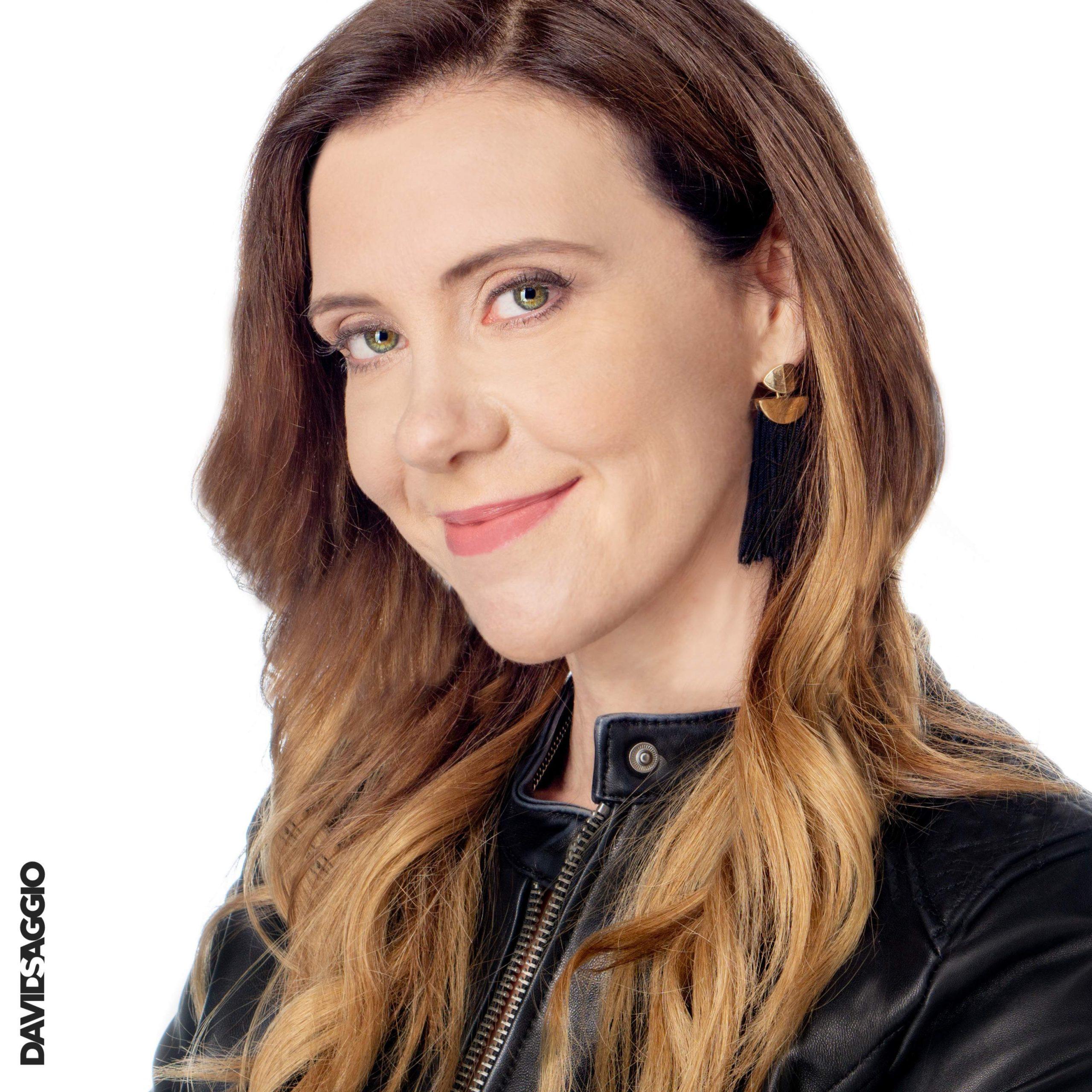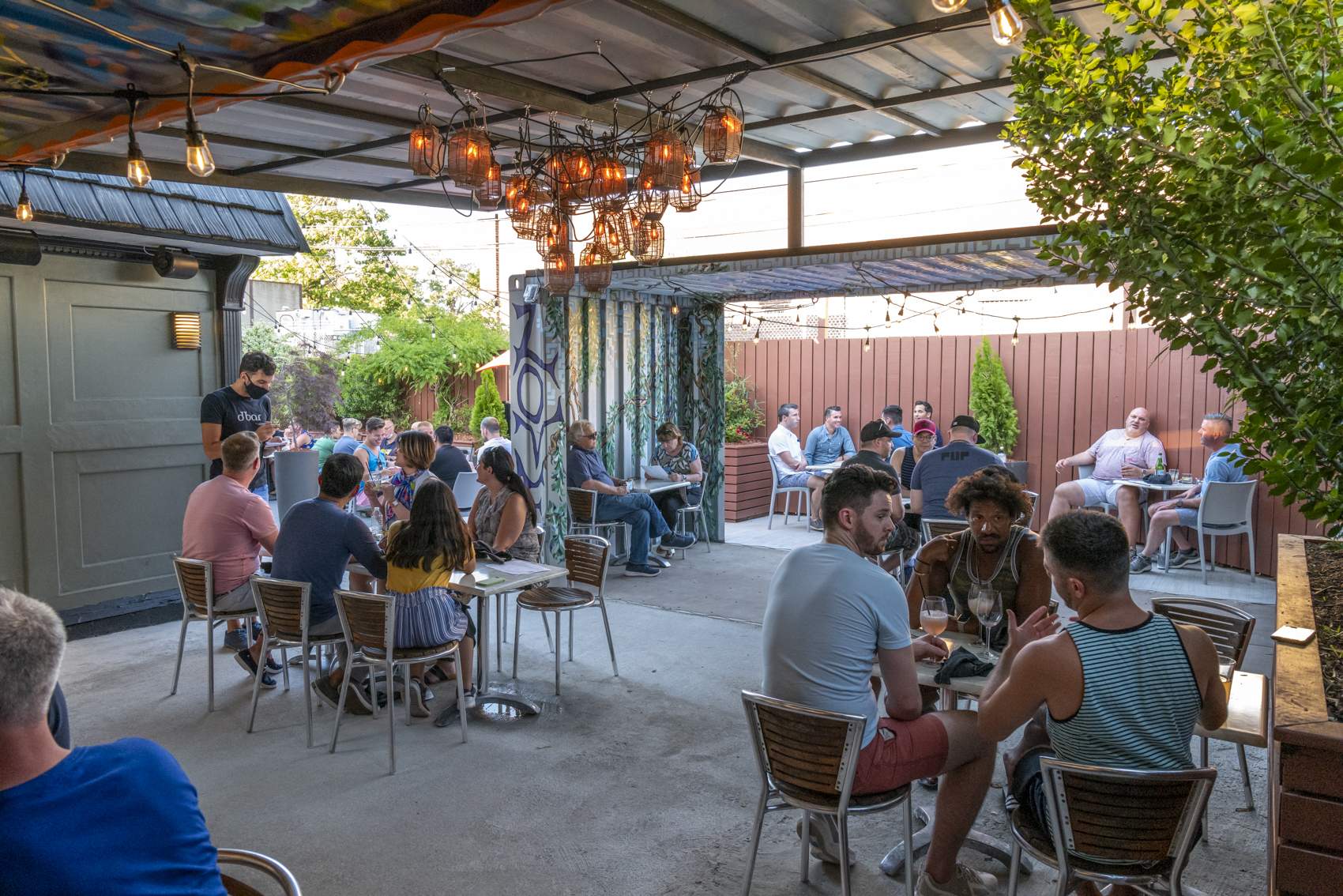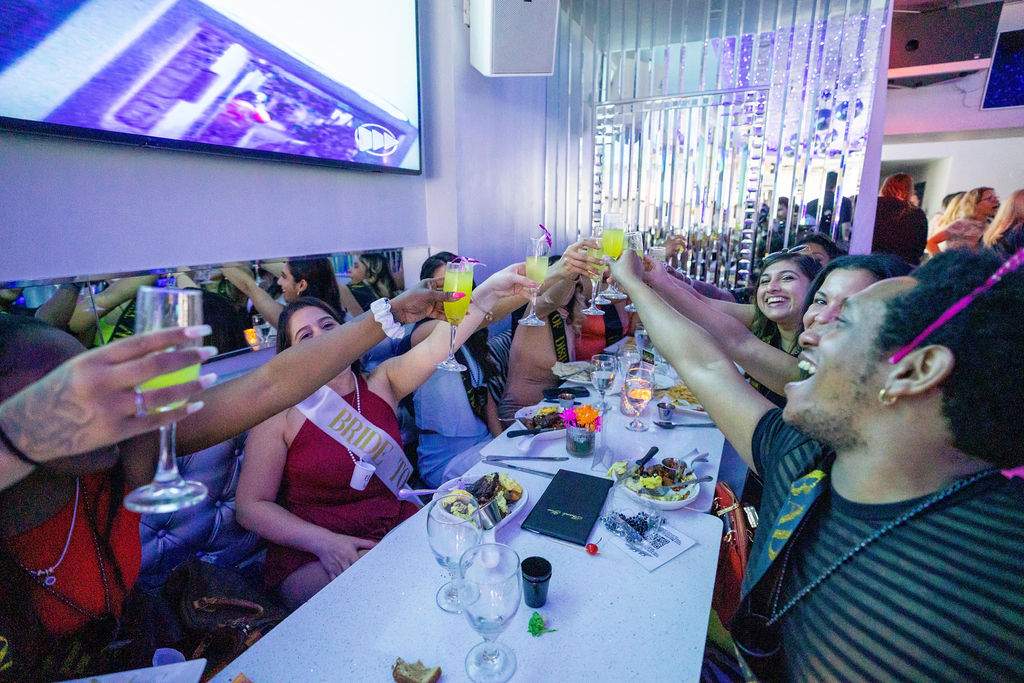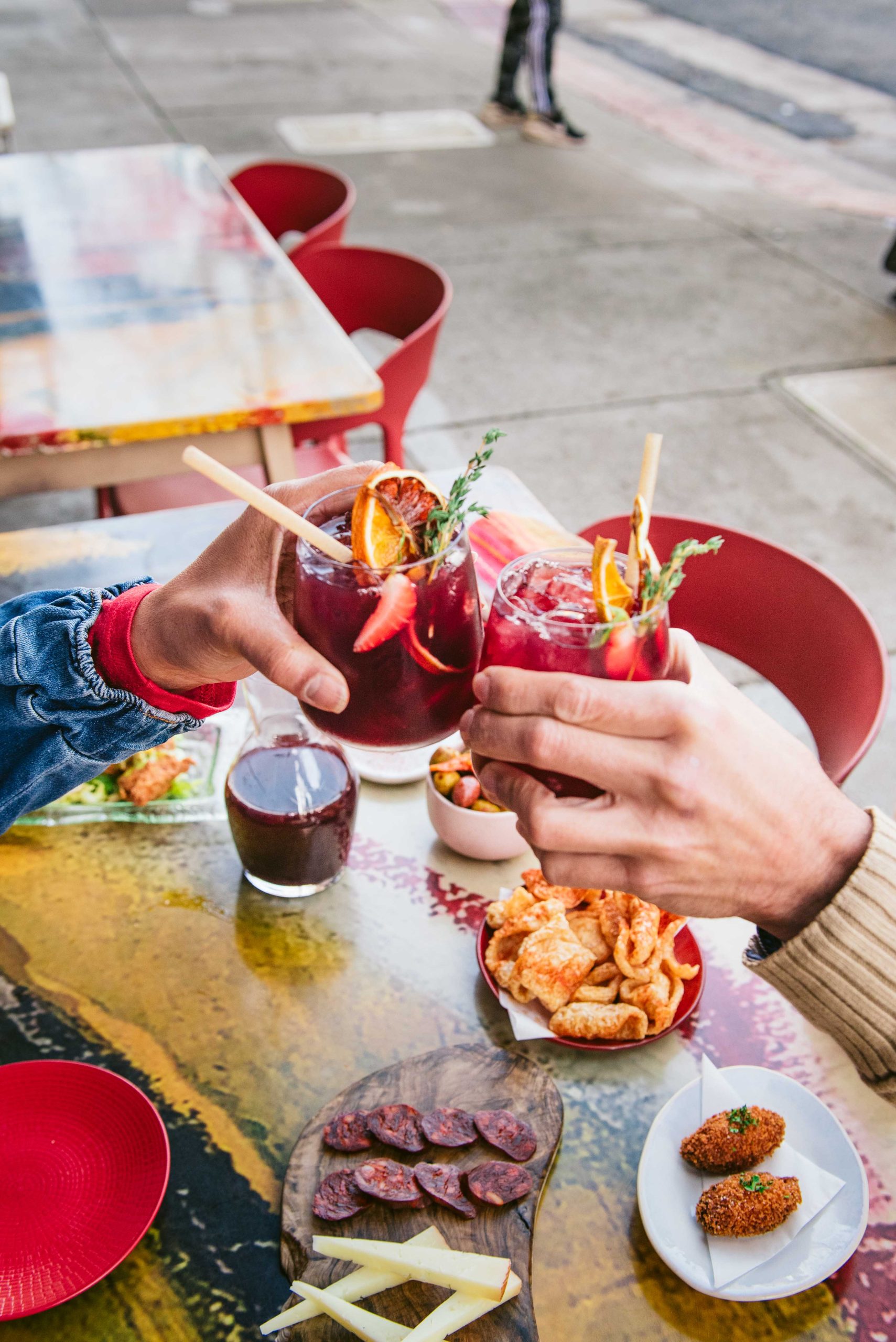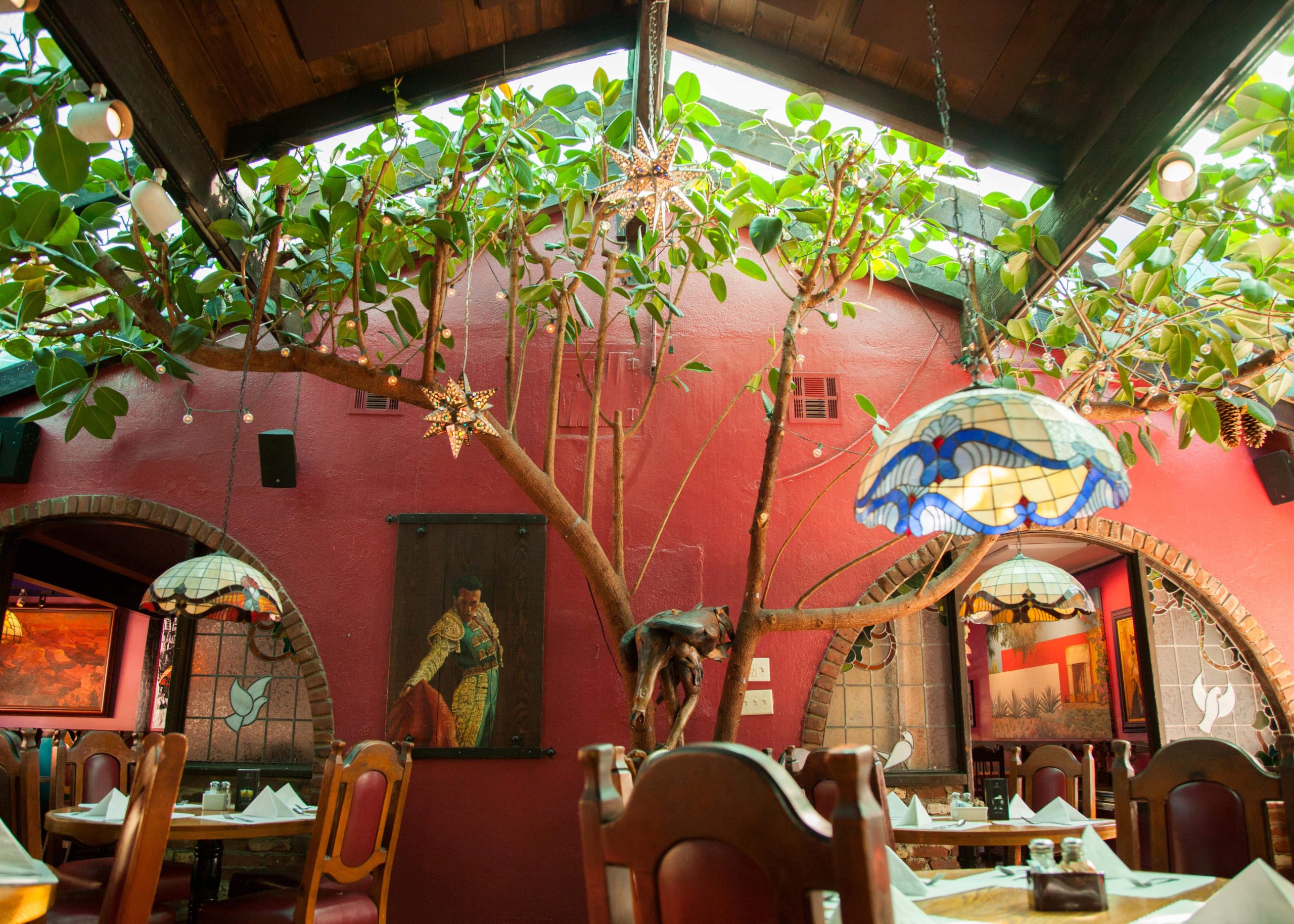Eighteen years ago, Dorchester was a blue-collar neighborhood dotted with triple-deckers and sports bars, where residents trickled in for burgers and beer. Boston’s LGBTQ scene centered around other hubs, primarily the South End.
The 2005 introduction of dbar started to change all that. Though it wasn’t explicitly an LGBTQ establishment at that time, the dark wood and brick space that was previously an Irish pub became a favorite for the community. The stylish New American restaurant transformed nightly into dbar after Dark featuring a dance floor and colorful cocktails flying off the bar.
There was nothing like it at the time and it paved the way for the transformation of Dorchester into the hip dining destination it is today. “I trekked to Dorchester 15-plus years ago to go to dbar when there was nothing else out here,” says Bradley Keist, who is gay and a longtime former Dorchester resident. “dbar was a mainstay in Dorchester before Dorchester was considered cool.” Read on to learn about how dbar became a beloved local institution.
Initial friction

When dbar opened, owner Brian Piccini was hesitant to label it anything because he “didn’t want to exclude anybody,” he says. Massachusetts became the first US state to legalize gay marriage two years earlier, but attitudes were slower to change, Piccini recalls.
The LGBTQ community embraced the restaurant, but the same couldn’t be said for some others. “I met a lot of opposition from the neighborhood association, politicians,” Piccini says. “They just didn’t want to hear what I was doing at the time.”
Community activism by the restaurant and its parent company, Boston Urban Hospitality, helped change attitudes, Piccini says. The group donated to nonprofits including Pride Sports Boston and Fenway Health, which cares for underserved HIV/AIDS patients and the LGBTQ community, from its inception.
A warm embrace
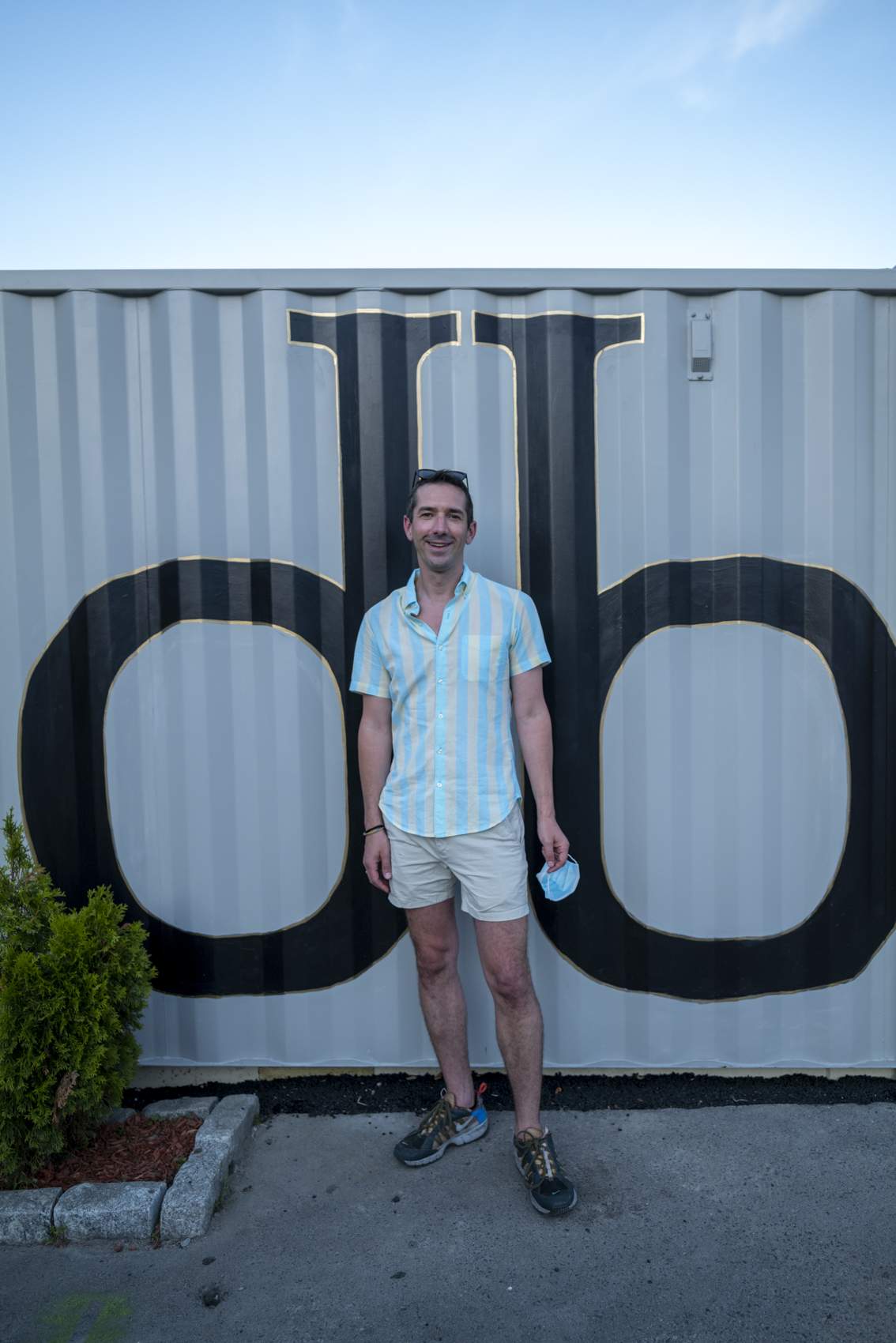
dbar paved the way for other LGBTQ businesses to proudly come out in Dorchester. Irish pub Peggy O’Neil’s—a local fixture since 1963—transformed into blend and has hosted one of Boston’s most popular drag brunches since 2018. Keist noted Harp & Bard’s recently transitioned “into a full-fledged gay bar.”
“The LGBTQ+ community is really growing, and it’s so great to see these historically white/straight businesses opening up to the community,” Keist says.
Locals now flock to dbar all week both for chef Chris Coombs’s cooking during the day (falafel, poke bowls, broccoli and cheese soup) and the dance party at night, which includes karaoke on Fridays, themed dances on Saturdays, and show tunes on Tuesdays.
“Every politician, every neighborhood association, has said thank you for what you do, it’s incredible for the community,” Piccini says, noting the shift in attitudes. “I’ve always felt like I want to provide a safe space for people to feel comfortable and have a good time being themselves.”
Carley Thornell-Wade is a Boston-based food, travel, and technology writer who’s been to more than 70 countries and delighted in tasting the regional delicacies of each.
